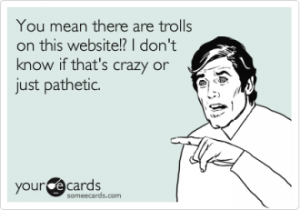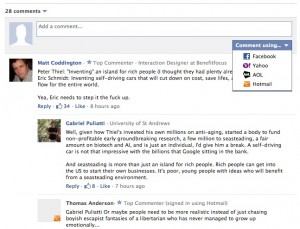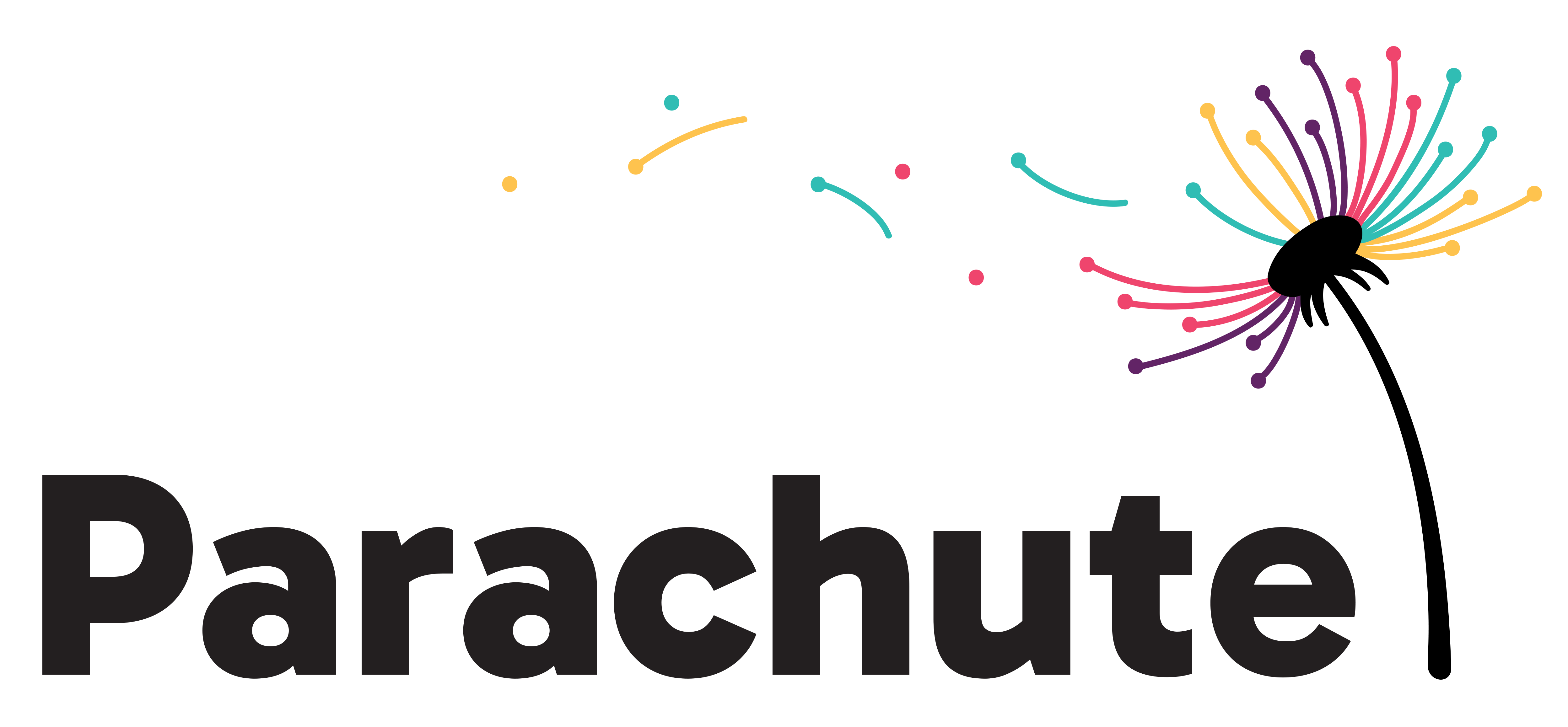Here in Australia there has been a horrible story of online bullying, or trolling as I’ve just learnt, unravelling in the mainstream media. An ex-model and celebrity who hosts Australia’s Next Top Model, Charlotte Dawson, was abused on twitter by a follower who told her to “Go Hang Yourself”. I won’t go into all the details but you can read how Charlotte confronted her social media bully only to receive more abuse verbally, she then contacted her bully’s (troll’s) employer – who turns out to be Monash University – and got a very careful response, but no apology. I’m not sure I expect an individual’s employer to have to apologise for their behaviour, but that’s another topic entirely. But Charlotte absolutely was abused and has been many times, as are many of us. 
I was bothered by Charlotte’s story – especially when she ended up in hospital, mentally affected by the barrage of bullying that came after she spoke out against social media trolls – but it struck a more personal cord for me due to an experience I had yesterday morning. I was walking my dog and on my way way, on my own street, I cross the driveway of a set of townhouses and the woman in the car beeped her horn. I turned around to look at her to see if she wanted something and she yelled out the window, at 8am in the morning, “Put your dog on a leash you fat pig”. I just stared back at her and said “I hope someone gives you such a nice compliment today”. I wasn’t shocked or dumbfounded as I’ve experienced this several times before, in varying degrees (fat bitch, fat slut depending on the bully’s preference). Bully’s and trolls don’t only exist in social media. They’ve been around us our whole lives, at school, at work, sometimes even amongst our friends and family, but the rise of social media seems to allow bully’s and online trolls some kind of anonymity.
 With a little digging you can find out who your social media troll is, as Charlotte Dawson did (if you care to spend the time), but there are other ways to ward off blog and social media trolls. I wrote a blog article in July that showed data that proves using Facebook Connect for comments and ratings on your website can reduce abusive bullying and trolling because the bully can be personally identified – all you need to do is click on their name or image and you’ll be taken to their Facebook timeline. For those who don’t have time to read the Facebook Connect post, if you implement it on your website for comments and ratings, the user must login using their facebook account to leave a comment. Their name and image are then posted next to their comment on your website.
With a little digging you can find out who your social media troll is, as Charlotte Dawson did (if you care to spend the time), but there are other ways to ward off blog and social media trolls. I wrote a blog article in July that showed data that proves using Facebook Connect for comments and ratings on your website can reduce abusive bullying and trolling because the bully can be personally identified – all you need to do is click on their name or image and you’ll be taken to their Facebook timeline. For those who don’t have time to read the Facebook Connect post, if you implement it on your website for comments and ratings, the user must login using their facebook account to leave a comment. Their name and image are then posted next to their comment on your website.
As a blogger, I am absolutely 100% in favour of free speech and I believe that everyone should be able to express their opinion and challenge the comments of other online publishers and social media micro-bloggers, but it should be constructive. Challenging someone with a question or contradicting point of view or data is very different to writing abusive comments that are designed to wound the recipient, mentally and emotionally.
I think I’ll leave it at that. We have all experienced bullying at some point. Some of us are even guilty of it – hopefully we are ashamed of that behaviour and have apologised profusely. It’s not such a hard thing to do.
